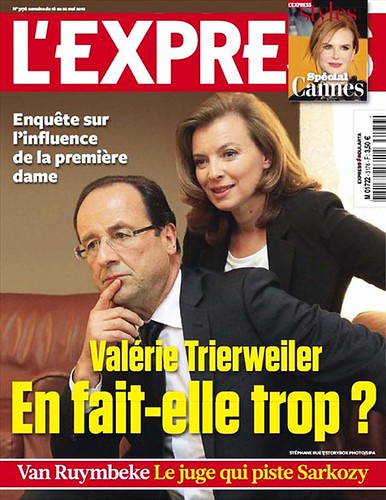As Donald Trump stood beside Vladimir Putin on Monday and stated that he believes the Russian president over his own intelligence agencies, you could feel a collective shudder pass across Europe.
"If Trump isn't even willing to side with his own intelligence agencies over Russia right now, why would anyone think he would side with us?” one Latvian friend sent me in a text. “NATO is finished. And if NATO is finished, Latvia is finished."
There has been much speculation since Monday over why Trump would defy his own intelligence, his own party and even his own advisors in refusing to acknowledge that Russia interfered in the 2016 US election. But whatever the reason, Trump’s summit with Putin, immediately following his aggressive attacks on NATO during his visit to Brussels, have left many Europeans with only one conclusion: we’re on our own now.




_2.jpg)
_(1).jpg/1024px-Emmanuel_Macron_(11_d%C3%A9cembre_2014)_(1).jpg)












